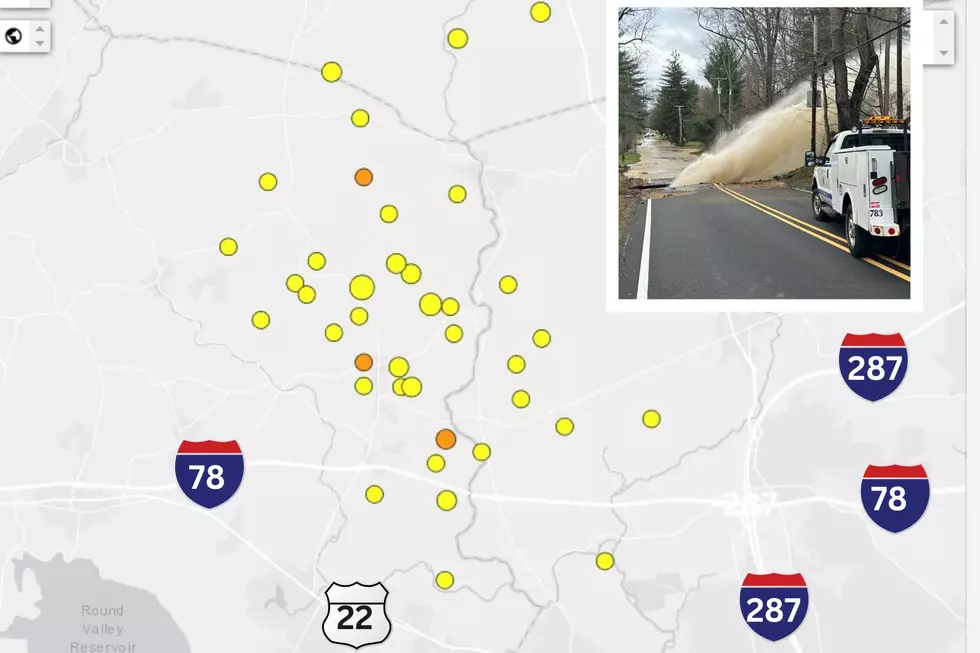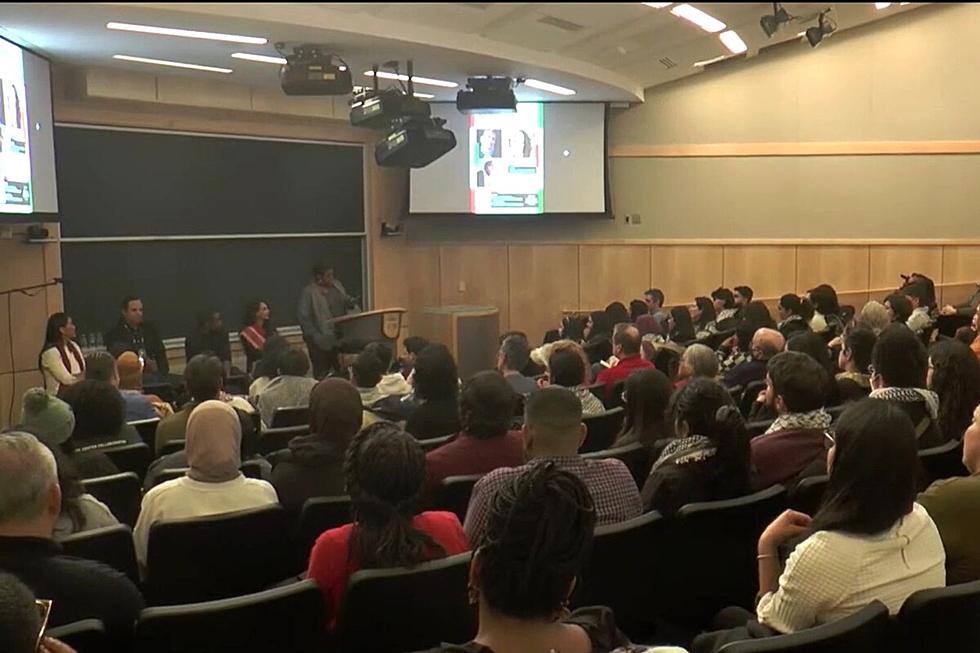
It just got easier for kids of immigrants here illegally to get student aid
TRENTON — Children of immigrants in the U.S. illegally may have New Jersey voter registrations, high school diplomas and U.S. birth certificates — and that often means nothing when they apply for state financial aid to colleges.
But the process is about to be much simpler.
Late last month, CNN Money reported the state financial aid agency Higher Education Student Assistance Authority (HESAA) will no longer reject applications that include a missing or incorrect Social Security number for the applicant's parent.
"Commencing in this coming academic year 2016-2017 ... any student who answers that their parents are New Jersey residents on the FAFSA — even if an invalid Social Security number is provided — will no longer receive an initial denial," wrote agency spokesperson Marcia Karrow in an email to CNN Money.
The change will not affect those illegally living in the U.S. themselves, as they are not eligible for financial aid.
Before the process was altered, students who could not provide valid Social Security numbers for their parents on their applications were denied. The students could appeal their rejections if they had proof of citizenship.
However, many students did not appeal their denied applications in fear of outing their parents' immigration status, said Alexander Shalom, a senior staff attorney for ACLU-NJ.
"These are people who are natural-born citizens of the United States, entitled to all the rights and privileges any other citizen is," Shalom said. "If we're trying to help New Jersey students who are high-achieving and of low economic status, we shouldn't be discriminating based on their parents' status."
The ACLU has challenged the state with legal battles over this issue in the past. In 2011, ACLU-NJ helped a high school student born in the U.S. appeal her financial aid rejection after she was denied because her mother was an undocumented immigrant.
"She was a citizen of the US and lived her entire life in New Jersey," Shalom said. "When she applied for a tuition-aid grant, she was told because her parents weren't lawful residents of New Jersey, they couldn't tell she lived in NJ, not withstanding the fact that she was registered to vote in NJ and got her high school diploma from NJ."
During the 2014-2015 academic year, more than 544,000 students applied for a tuition-aid grant (TAG) — financial aid given to high achieving and economically-needy students — According to the HESAA annual report, 73,347 students received the aid.
This new change is only one over the years that has opened up access to college for undocumented immigrants and their children.
The Dream Act, signed by Governor Chris Christie in 2013, allows youth brought to the United States as children to pay in-state tuition rates. Earlier this year, Rutgers University held a fair for immigrants in the U.S. illegally to show prospective students how to apply for financial aid and go through the college admissions process.
More from New Jersey 101.5:
More From New Jersey 101.5 FM









